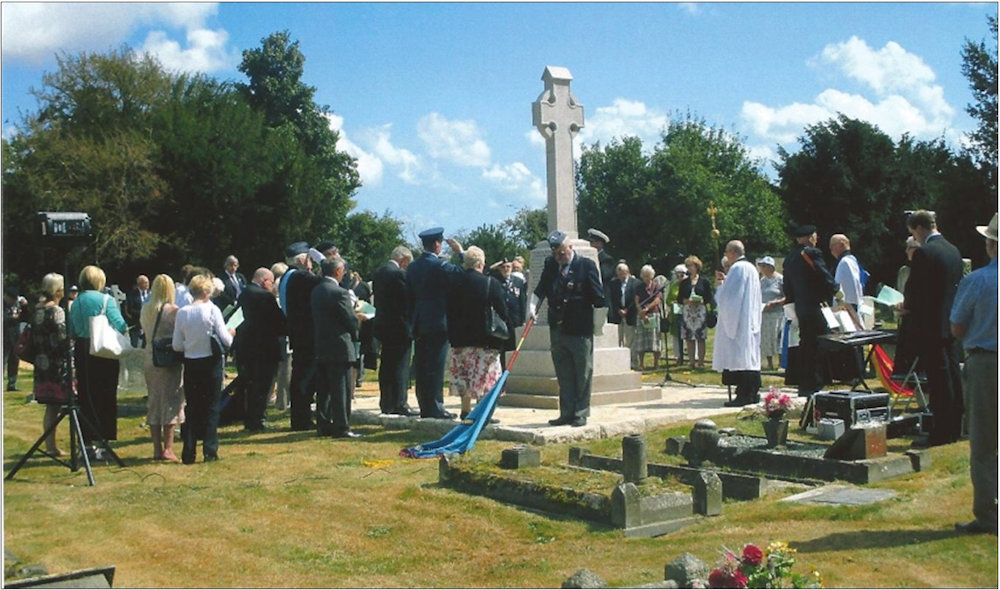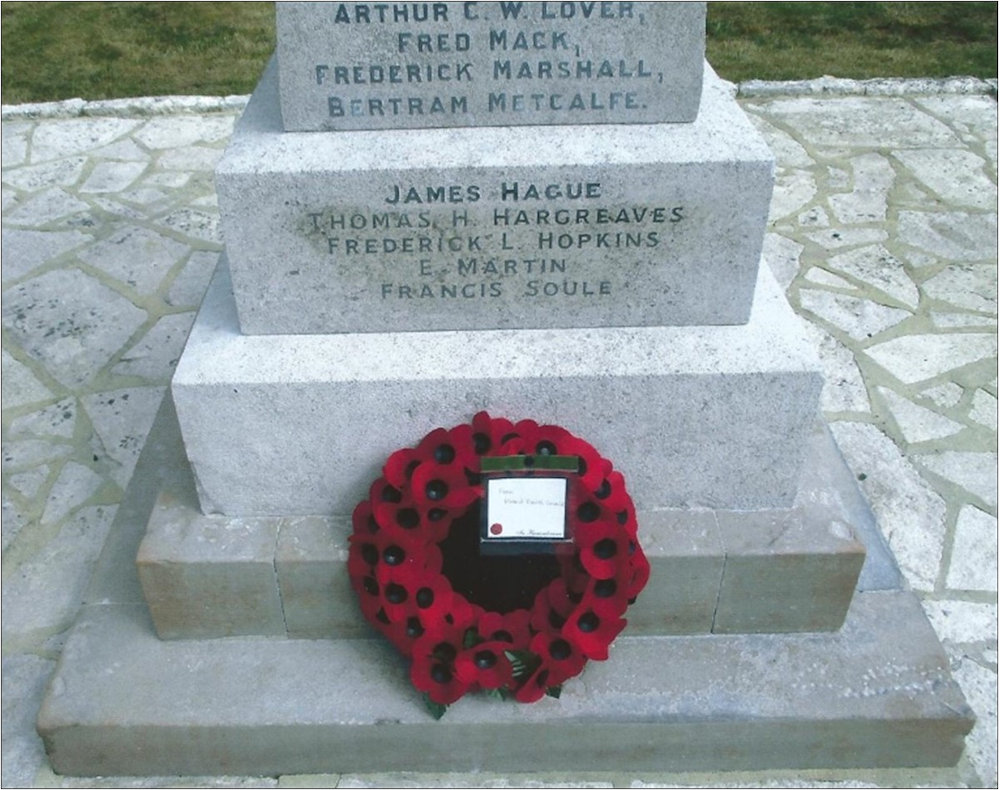By Maureen Storey
This article was published in the December 2014 edition of Soul Search, the Journal of The Sole Society
The centenary of the outbreak of the First World War has given rise to many projects aimed at ensuring that the war dead are not forgotten.
One common focus for these projects has been our war memorials, many of which have been given a much needed facelift after nearly a hundred years of weathering. Virtually every town and village in the UK has a war memorial. Most were erected in the early 1920s and were paid for either by the local gentry or by fund raising by the community. Usually the aim was to include everyone from the locality who had died in war service. In small villages it must have been relatively easy to decide who should be included, but in larger communities it was usual for the bereaved families to submit the deceased’s name to a committee who decided whether that person met the criteria for inclusion.
It might be assumed that, since people would know which families in their area had lost someone in the war, the lists on the memorials would be comprehensive. However, it is quite common to find that local men have been left off for one reason or another (usually because their families had left the area between the end of the War and the setting up of the memorial).
The Sole Society was recently contacted by Paul Keast, a member of Hound Local History Society (Hound is a small parish on the outskirts of Southampton), who has been researching the men named on the Hound memorial and had discovered that there were four men who should have been included but weren’t, one of which was Lt Francis Soule. In his research into Francis’s career Paul found mention of Francis in the article about The Royal Victoria Hospital (Soul Search Dec 2002) on the Society’s website and thought we would be interested in what he was doing. As a result of Paul’s efforts, four names have now been added to the Hound memorial which was rededicated at a service held on 3 August 2014.


Biographical Note: Francis Soule was born near Battle, Sussex, in 1865. He joined the Army Hospital Corps as a private in 1883 and rose through the ranks to become a sergeant major in 1899. He took part in the Boer War and was mentioned in despatches in 1901. He retired from the Royal Army Medical Corps in 1909 but was recalled at the outbreak of war in 1914 and given the outbreak of war in 1914 and given the rank of lieutenant. He spent the war working at the Royal Victoria Hospital at Netley and died there in 1919.
